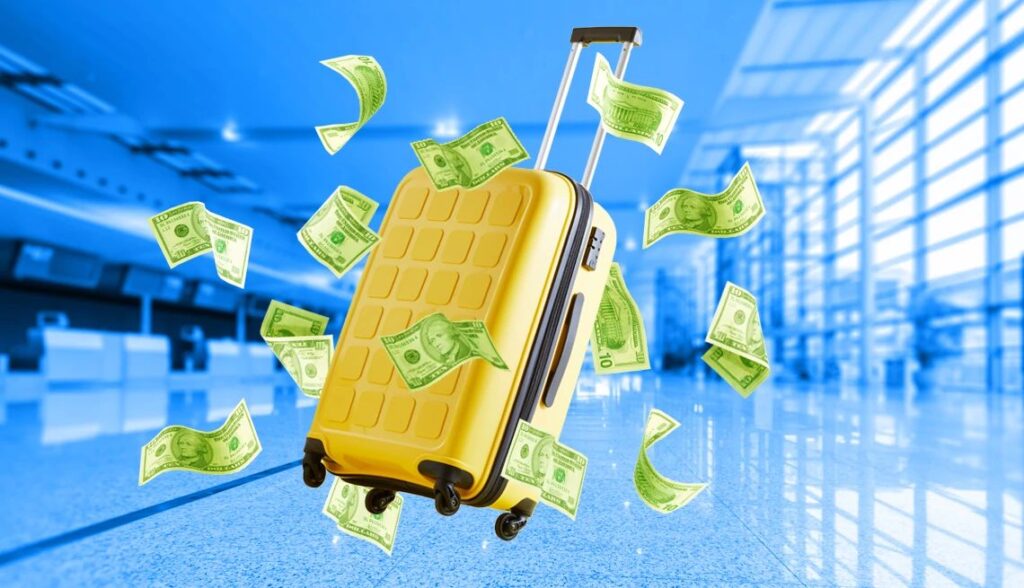Avoiding Baggage Fees Through Strategic Packing

Baggage fees have become a primary profit center for airlines, generating over $7 billion annually in the United States alone. These charges, which didn’t exist for most carriers until 2008, now represent pure profit margin since airlines always transported passenger luggage as part of the service. What airlines don’t advertise is how easily travelers can avoid most baggage fees through strategic packing and airline policy knowledge.
The key lies in understanding carry-on restrictions and maximizing allowable dimensions. Most airlines permit one carry-on bag and one personal item at no additional charge. The “personal item” category offers significant packing opportunities that airlines downplay—backpacks, large purses, and laptop bags can hold substantial clothing and supplies when packed efficiently.
Airlines profit from traveler uncertainty about size restrictions. Standard carry-on dimensions (22″ x 14″ x 9″) accommodate far more than most people pack. Rolling clothes instead of folding, using packing cubes, and wearing heavy items while boarding can double your packing capacity within allowable dimensions.
International flights typically include checked baggage in the ticket price, but many travelers don’t realize this applies to connecting domestic flights as part of international itineraries. A domestic connection before an international flight often inherits the international baggage allowance, saving $30-50 in checked bag fees.
Credit cards affiliated with airlines often include free checked baggage as a cardholder benefit. The annual fee for these cards ($95-450) quickly pays for itself if you check bags on just two round-trips annually. Additionally, achieving basic elite status with an airline (often requiring just 25,000 miles of flying) provides free checked baggage benefits.
Shipping luggage through services like FedEx or UPS can cost less than airline baggage fees for longer trips. A 50-pound box might cost $40 to ship cross-country compared to $60+ in airline baggage fees, with the added convenience of door-to-door delivery.
Airlines also obscure their “gate check” policies. When overhead bins fill up, airlines gate-check carry-on bags for free. Savvy travelers sometimes pack optimistically, knowing they might receive free checked baggage if overhead space runs out.
The weight restrictions deserve special attention. Most airlines allow 50-pound checked bags, but few travelers optimize for this limit. Distribute weight between multiple bags or travelers to avoid overweight fees that can exceed $100 per bag.
But perhaps the biggest savings come from airlines you’ve never heard of…